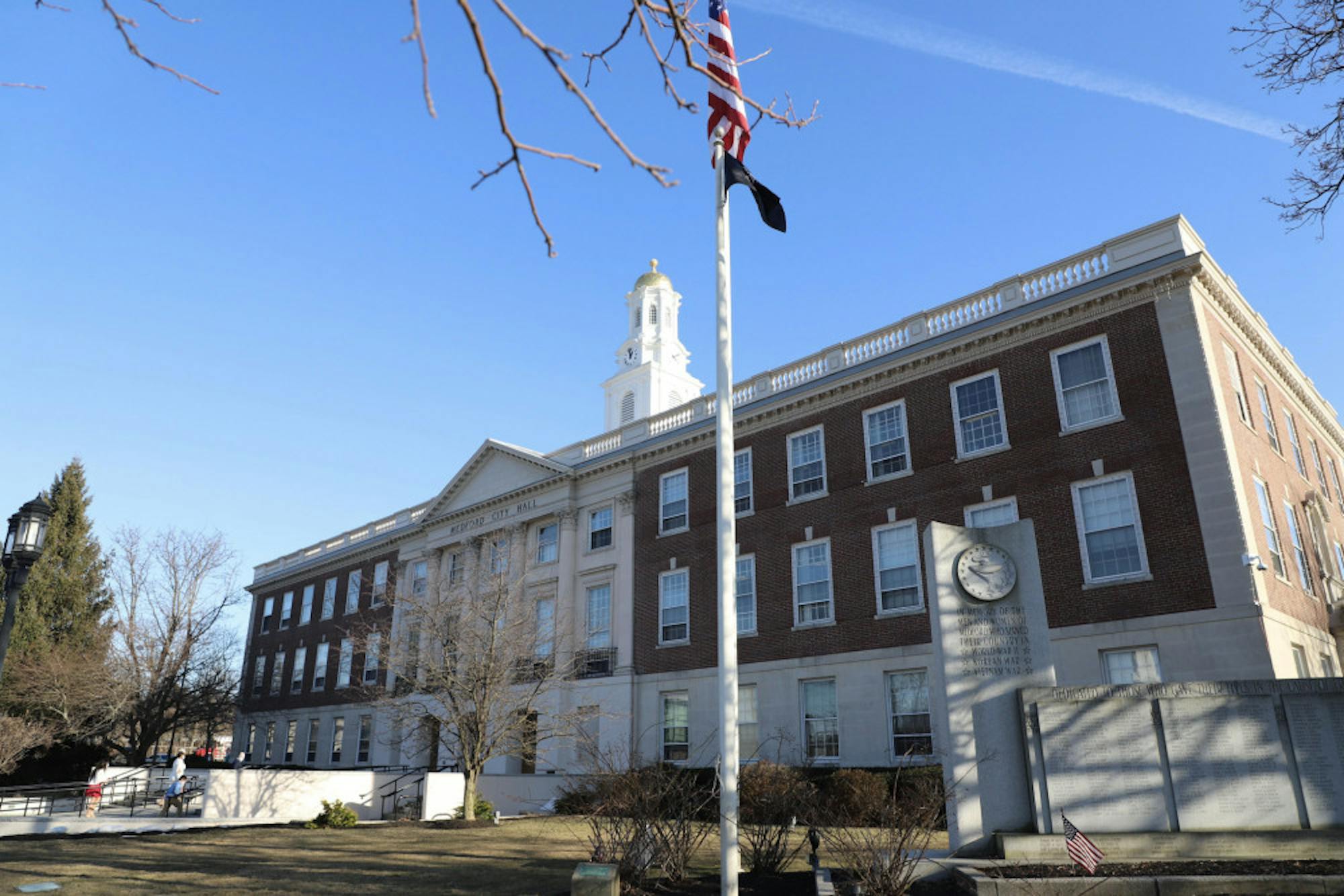In response to the Supreme Court’s blocking President Joe Biden's order to extend the national eviction moratorium issued by the Centers for Disease Control and Prevention, some local municipalities, including the cities ofSomerville andBoston, have instituted and extended their own local eviction moratoriums. Others, including the city of Medford, have let the protections become void.
On Sept. 9, the Somerville Board of Health approved Mayor Joe Curtatone’s request to extend the city's moratorium on evictions until April 30, 2022.
“We know that there's a significant population in Somerville that would have been immediately at risk if the moratorium had been lifted,” Ellen Shachter, director of the Somerville Office of Housing Stability, said in an interview with the Daily.
Shachter said the moratorium protects public health during the pandemic.
“We do not want to see people becoming homeless, going into overcrowded situations or being on the street. We do not want to see people unable to quarantine if they need to," she said. "We need stability for public health, and we need stability … to make sure that COVID does not lead to a significant loss of … vulnerable families in the city."
Boston Mayor Kim Janey announced on Aug. 31 a similar moratorium as a part of her housing stability agenda.
“My housing stability agenda protects renters with a new eviction moratorium in the City of Boston,” Janey said in a videoposted to Twitter. “This moratorium will block evictions and keep our neighborhoods strong as we face the Delta variant together.”
Despite previously issuing statewide eviction moratoriums during the pandemic, the Massachusetts state government has not extended its own moratorium, nor has the city of Medford.
City of Medford Housing Planner Danielle Evans wrote in an email to the Daily that Medford anticipates seeing an increase in evictions now that the federal eviction moratorium has ended.
Although Medford has not issued a citywide moratorium, Evans highlighted a new city initiative aimed at helping those struggling to pay rent called the Medford Move-In Program, which covers first and last month’s rent for income-eligible households.
State Sen. Pat Jehlen, the vice chair of the Joint Committee on Housing, explained that she would be in favor of a statewide ban on evictions, but the state government is currently prioritizing distributing money for rental assistance.
“I would still support a moratorium, but right now that's not what we're pushing for," Jehlen, whose district includes Tufts' Medford/Somerville campus, told the Daily. "We're pushing [to get] the money out the door."
However, State Sen. John Keenan, chair of the Joint Committee on Housing, says that there have been some obstacles to providing rental assistance for those in need. Some tenants have struggled to prove their eligibility for the program, and language barriers and lack of legal representation further impede them from receiving assistance.
“We have literally hundreds of millions of dollars still available in Massachusetts for landlords and tenants and for those who are facing foreclosure as well," Keenan, who represents parts of the South Shore, told the Daily. "And it's been difficult to connect them to the money.”
Jehlen explained that the process by which rental assistance is distributed in Massachusetts prevents some households from accessing the help they need. A lengthy time frame and overly complicated application process contribute to the problem.
“The problem for both landlords and tenants is that the average time to get even an answer on [a rental assistance] application is 49 days. That's a long time, especially during the process of eviction which takes a long time also,” she said. “Fewer than half of applicants get anywhere [with their rental assistance application] … the application is so complicated. It's so difficult for people who don't speak English well, or who aren't great at computer skills, or just may not have time.”
Douglas Quattrochi, executive director of MassLandlords, shared Jehlen’s frustration with the distribution of rental assistance funding.
“It's a big mess,” Quattrochi told the Daily. “So anybody who says we need more renter protections might have a real point, because it might be that roughly 50,000 households have asked for help, and have not been able to get it from the state for bulls--- reasons.”
Quattrochi further explained that he would like to see a more long-term solution than a moratorium.
“There's a whole bunch of money they're sitting on and a whole bunch of people asking for it,” he said. “And so I think that really [is] the main question; it's not about the eviction moratorium so much as, 'Why is our safety net failing to award money to people?'”
According to Keenan, in the face of these administrative failures, there are ongoing efforts to connect those facing housing instability with the state aid that is currently available.
“The state is working to reduce the number of documents that are required [in the rental assistance application],” he said. “An organization called NeighborWorks is having a program … in Brockton, where [they] will have people available to help tenants fill out forms and to make them aware of the programs that are available.”
Keenan said that any policy must take into account the needs of both tenants and landlords.
“We have to make sure that we do what we can to keep people in their homes, while at the same time recognizing that landlords have financial obligations that they have to meet," he said. "And I think we have enough funds to accomplish both of those. We just have to find the best way to do it. And the quickest way to do it.”






